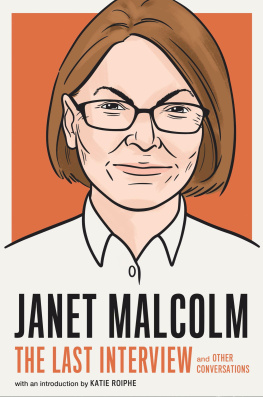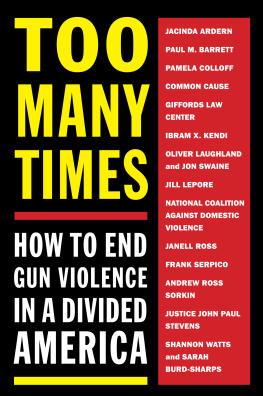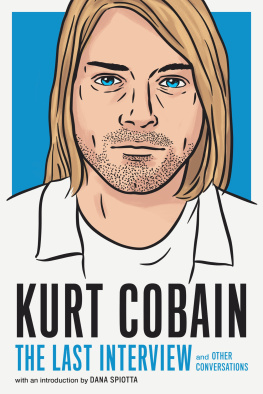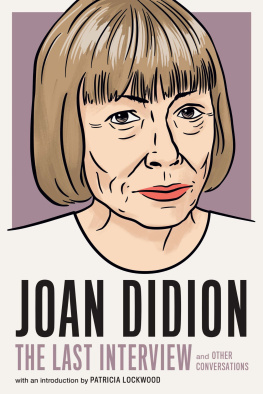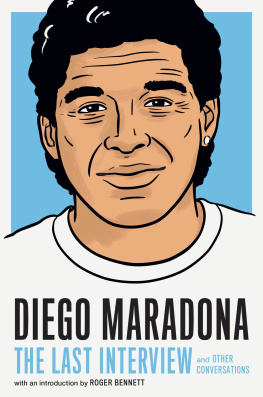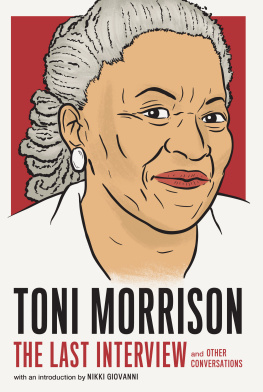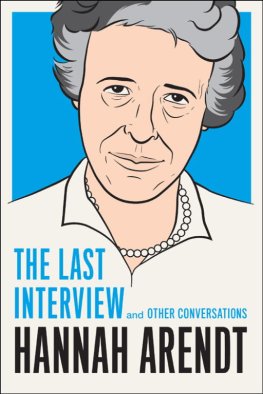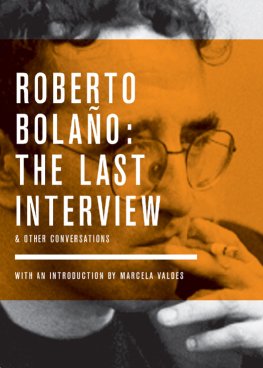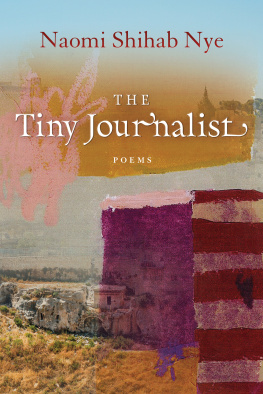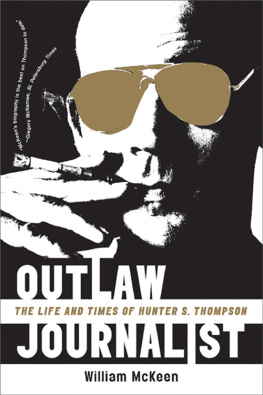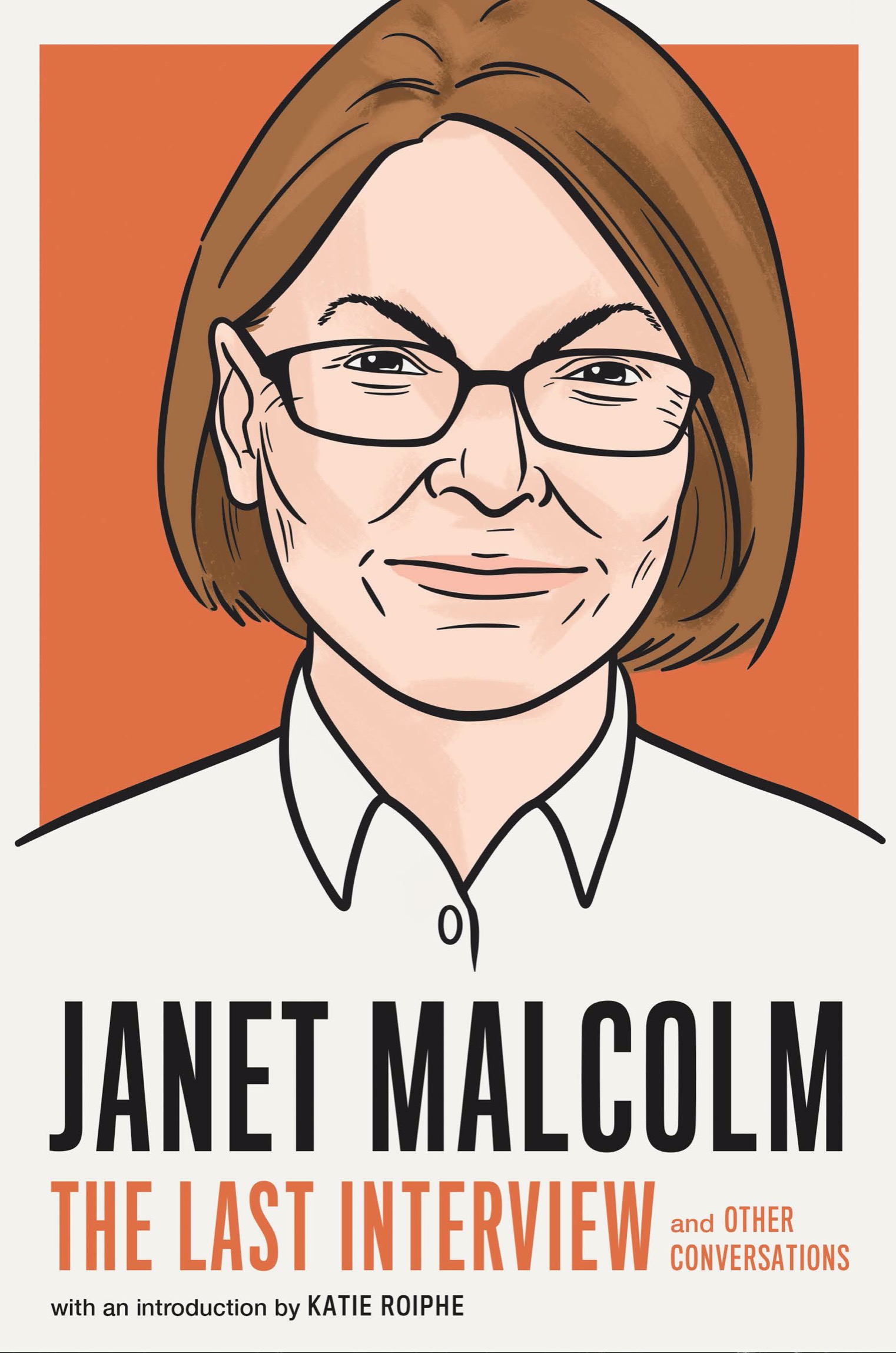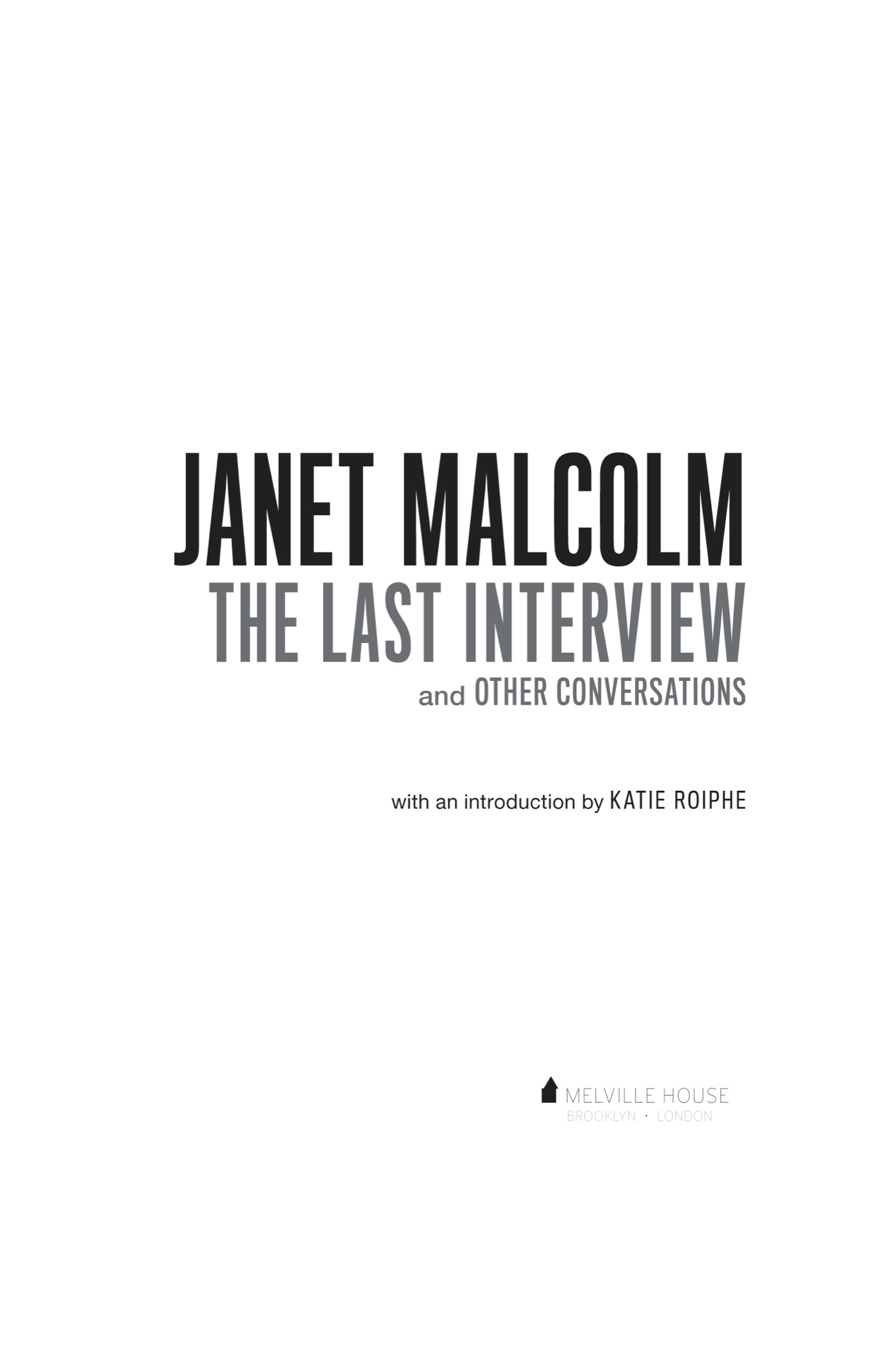INTRODUCTION
KATIE ROIPHE
When a friend texted me that Janet Malcolm had died, I experienced more than the usual amount of disbelief. Even after all these years of knowing her, I had not totally absorbed the idea of her as ordinarily mortal. Though she had told me about her lung cancer, and though she had looked quite frail the last time I had seen her, she did not seem like someone who could die.
Ive noticed that Janet has always aroused extreme responses of veneration or suspicion among journalists and writers. Those journalists that dont fervently admire her tend to be bristly about her, morally disapproving of her methods of quotation. Jealousy, it always seemed to me. The resentment that attaches to the transcendently talented from the merely functional. After her libel trial with Jeffrey Masson, which shadowed her life for a decade, she wrote about herself as a kind of fallen woman of journalism, but she was also one of its stars.
For some reason, a looming part of Malcolms reputation is that she was cold, brutal. Even an admiring critic classifies her as a reporter given to mutilating her subjects. In a purely descriptive New York Times piece, she is a master of pitiless prose and an austere, driven woman. In her New York Times obituary, one critic is quoted as saying, Dont ever eat in front of Janet Malcolm; or show her your apartment; or cut tomatoes while she watches.
In her lifetime I did not think to question this widely held view of her as austere or cold or pitiless, but now I wonder about it.
Janet herself did not connect with the image of herself as scary or brutal. I first met her in her Gramercy Park apartment when I did an interview with her for The Paris Review. She liked the introduction that I wrote to the interview, in which I confessed my fear of her judgments or analysis of me when I first met her, but she wrote, Am I as forbidding as that??? Of course she wasnt. In person she was nice. She was enormously interested in other people, sympathetic, unusually supportive. What was forbidding was the rigorous intellectual universe she had created, the standards she had laid down for other writers. What was intimidating was the beauty in the sentences.
The reputation for coldness arose from her work. But did brutal actually just mean good? Was she perceived as harsh because she looked very closely at people, observed on a superior plane, and could wring from ordinary happenings more refined and precise meanings than other practitioners of the craft? As one of my undergraduates put it, Shes like a psychoanalyst freed from the need to heal people.
The artist David Salle, one of her subjects who evolved into a close friend, questioned the idea of Janet as cold: I think Janets reputation for cool detachment was misplaced. You can be empathetic and a realist about human nature at the same timeShe had a deep reservoir of sympathy for anyone engaged in the struggle to be humanshe couldnt have written those pieces without it.
And this seems fundamentally true. The critics and journalists who view Janet as cold are missing a vital part of her project, as it manifested over the years: the bright strain of generosity, the effort to dive deep into motivation, to understand others on the highest level. Her idea that the production of official narratives is suspect, that narratives are created by flawed individuals, in ways she proceeds to expose, is, at its core, respectful of the mysteries and complexities and intricacies of human life.
I think it is important to note that this view of Malcolms work as brutal, by women as well as men, may be gendered. There may be something about a woman dismantling personal mythologies and delving brilliantly into motivations that irks or riles us. One critic referred to her not-niceness. But male writers with the gift of cutting through peoples delusions and pretensions are not labelled cold or not-nice. I think here of writers like James Baldwin and Christopher Hitchens, who tend to be admired as truth tellers rather than cold or brutal. This is one of the conversations I wish Id had with Janet herself at Choshi, the now-closed sushi place she favored around the corner from her house. I know she would have had thoughts on it.
Its a bit odd to think of writing about Janet for a book of her interviews, since she disliked them generally and did so few of them, and then often with ground rules and reluctance. She only agreed to do my Paris Review interview via email, as she did with The Believer, so she could mull over and write her answers and retain maximal control. She could not really stomach the idea of another journalist wielding a recording device and her helplessly talking into it. In her Salon interview, she offers one explanation of her aversion: Im just not very good at it. I often have no answers to the questions; I think of the answers later. Though one doubts that she was not very good at anything to do with words, she did not like the impromptu or spontaneous, in part because she took questions, like everything else, more seriously than other people. She did not toss off answers. She wanted to consider things from every angle. As she put it in her testimony during her first jury trial: This thing called speech is sloppy, redundant, repetitious, full of uhs and ahs. To her, speech required trimming and shaping. Consequently, her interviews are well wrought, careful, considered, in a way that other peoples arent. Other people are accepting of a kind of casualness and mediocrity of expression that Janet never was, in any arena of life.
This particular feeling about speechthat it should represent the best of its speakercarried through into her work itself. In her pieces, she famously curated her subjects speech, piecing together quotes from various interviews and settings so that they would be at their most articulate. That they would be most themselves. This was, of course, a highly controversial tactic, but she was, in her estimation, presenting them most truthfully and fairly. In editing interviews together, she was achieving a more natural effect of their speech and personality. About cutting and pasting quotes in her writing on Masson, she said, I needed to present it in logical, rational order so he would sound like a logical, rational person.

